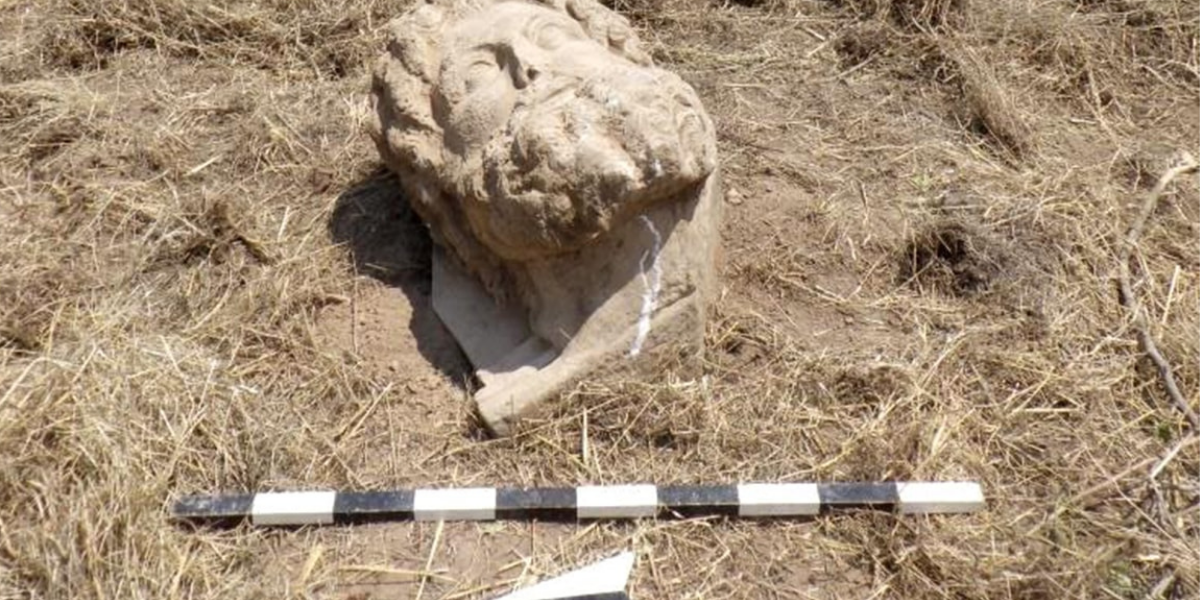
The marble head of the god Zeus has unearthed in the ancient city of Aphrodisias, dedicated to Aphrodite
The marble head of Zeus, the most powerful god of Greek mythology, was found during excavations in the Anti City of Aphrodisias. The ancient city of Aphrodisias, dedicated to Aphrodite, the goddess of love and beauty, is located in the Karacasu district of Aydin province in western Türkiye. According to a statement by the Ministry

5600-year-old Troy Ruins Search for Traces of the Trojan War
The traces of the legendary Trojan War, where heroism, love, revenge and betrayal took place, are being searched for at the Troy Ruins. With 5600 years of settlement, Troy Archaeological Site is located within the borders of Tevfikiye village of Çanakkale province in the west of today’s Türkiye. Troy Ruins was included in UNESCO’s ‘World
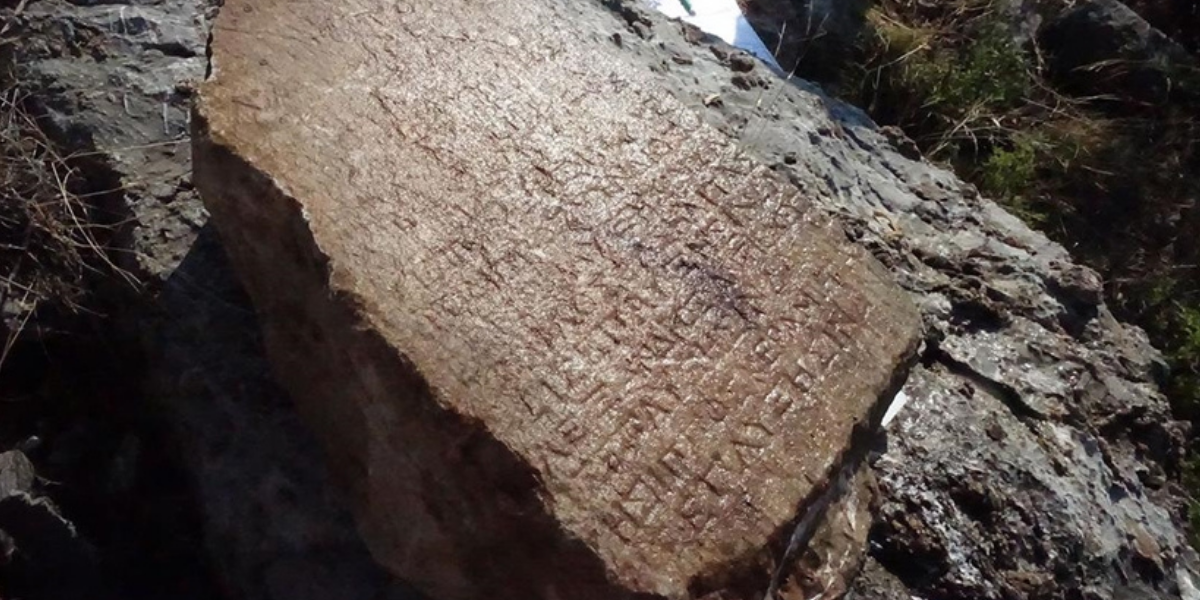
2300-year-old inscription on the Carian Khersonesos discovered
A 2300-year-old inscription was found on the Bozburun Peninsula, known as “Carian Khersonesos” or “Rhodes Peraias” in ancient times. This inscription proves that Bozburun was an important trade center during the Hellenistic period. Bozburun Peninsula is located in the Bodrum district of the Mugla province in southwestern Türkiye. The inscription, called Kalatepe inscription, was discovered
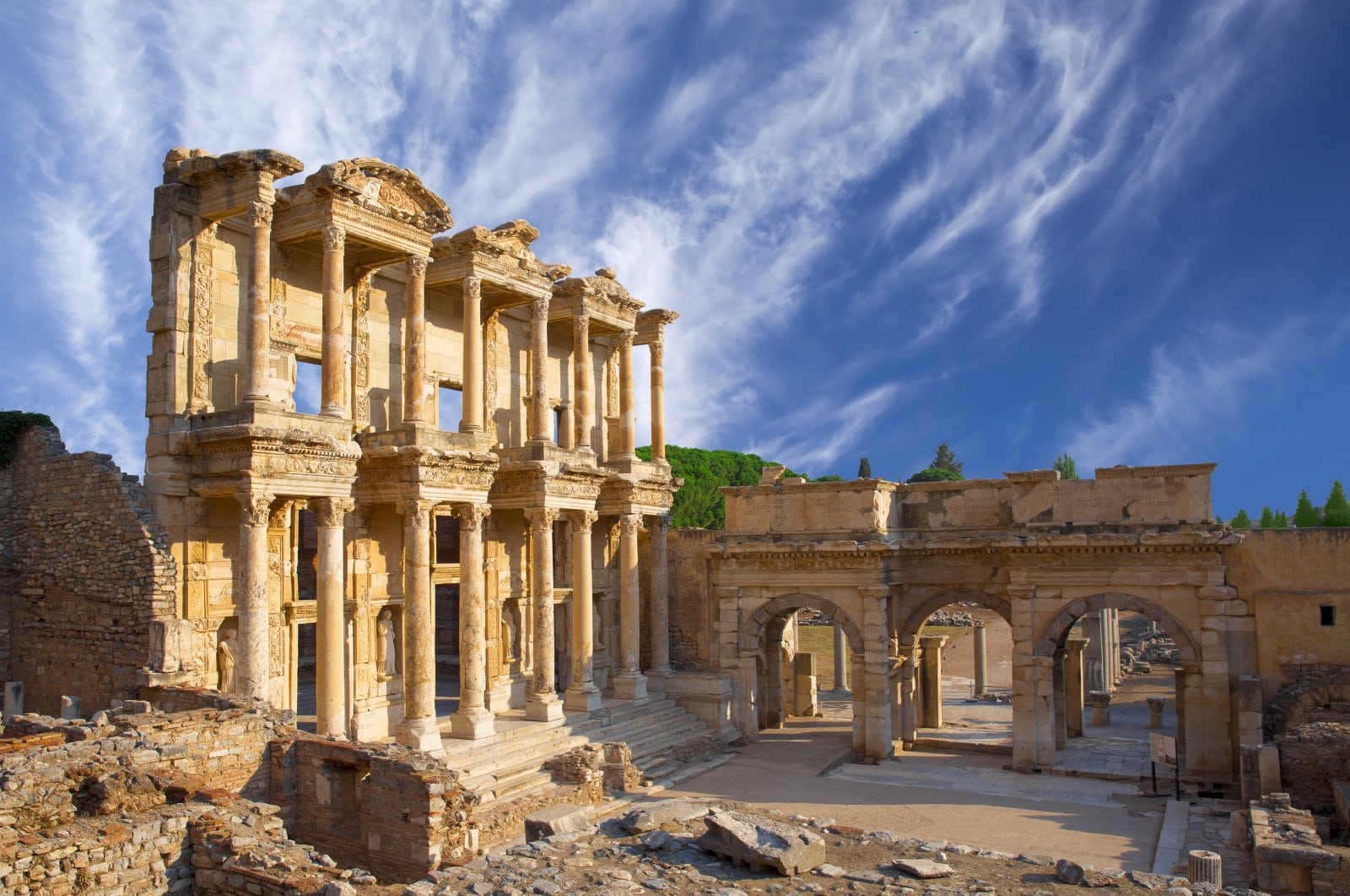
Koressos Gate, one of the three known gates of the ancient city of Ephesus, will be unearthed
Excavation work has begun to unearth the Koressos Gate, one of the three known gates of the ancient city of Ephesus, one of the largest port cities of the ancient world. The Koressos Gate will be excavated by a team led by Professor Martin Steskal of the Austrian Archaeological Institute of the Austrian Academy of
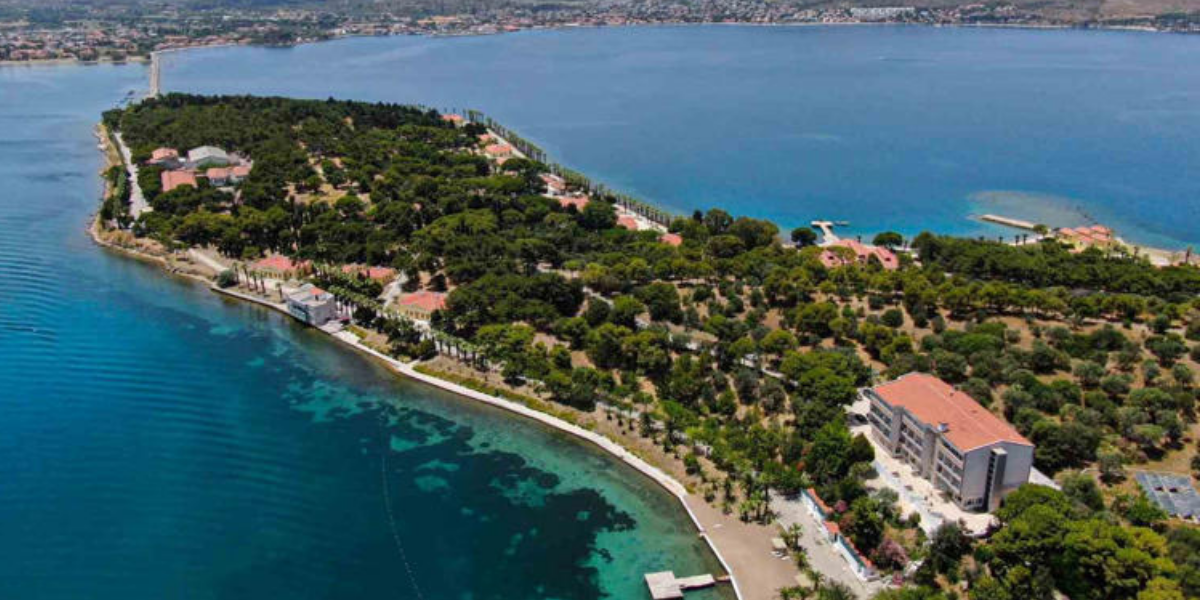
Quarantine Island, which was established during the Ottoman period to prevent infectious diseases, was restored
The Quarantine Island, which was established in Urla district of Izmir during the Ottoman period to prevent infectious diseases, was restored for the first time in 155 years. Quarantine Island, which started to serve in 1869, was established on an area of 323 acres. Today, the island is protected as a 1st degree archaeological site.
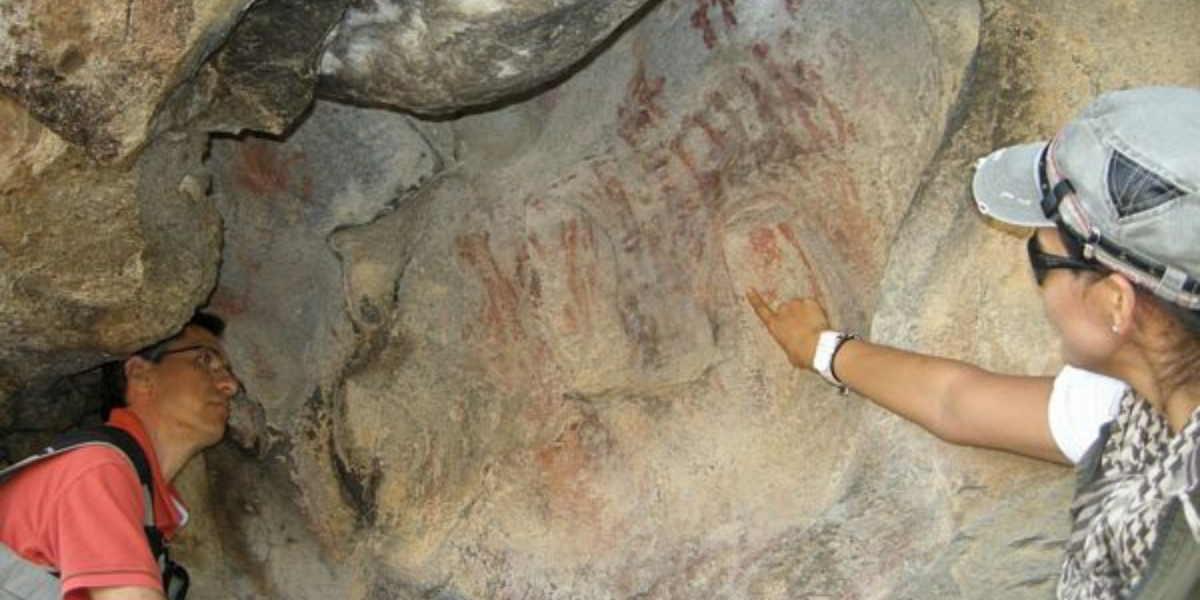
Latmos’ 8,000-year-old rock paintings under threat from miners
During the Latmos Mountains in southwestern Türkiye, between the provinces of Aydın and Muğla, many rock paintings from the Neolithic Age are under threat from miners. The Latmos rock paintings date to the 6th and 5th millennia BC and are considered to be one of the most important prehistoric discoveries in Anatolia in recent years.
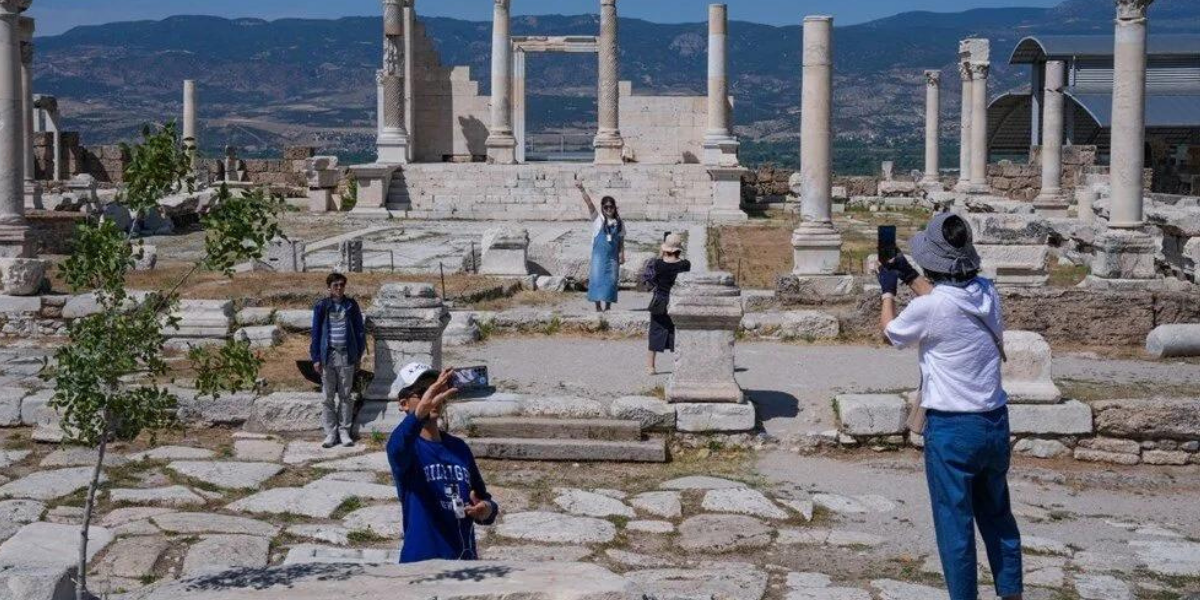
New photos from the ancient city of Laodicea, a favorite of tens of thousands of visitors
Located in the province of Denizli in western Türkiye, the ancient city of Laodicea, which dates back 5500 years, has hosted tens of thousands of visitors to date. Laodicea, founded on the southern bank of the Lycus River, was an important trade center and an important Hellenistic city-state. The city was named after Laodike, the

Artifacts reflecting Egyptian influence found in the ancient city of Smyrna
Artifacts reflecting Egyptian influence were found during excavations in the ancient city of Smyrna, which has one of the largest theaters in the Mediterranean. Figures and objects influenced by the Egyptian civilization were found during the ongoing excavations in the theater of the ancient city under the direction of İzmir Katip Çelebi University faculty member
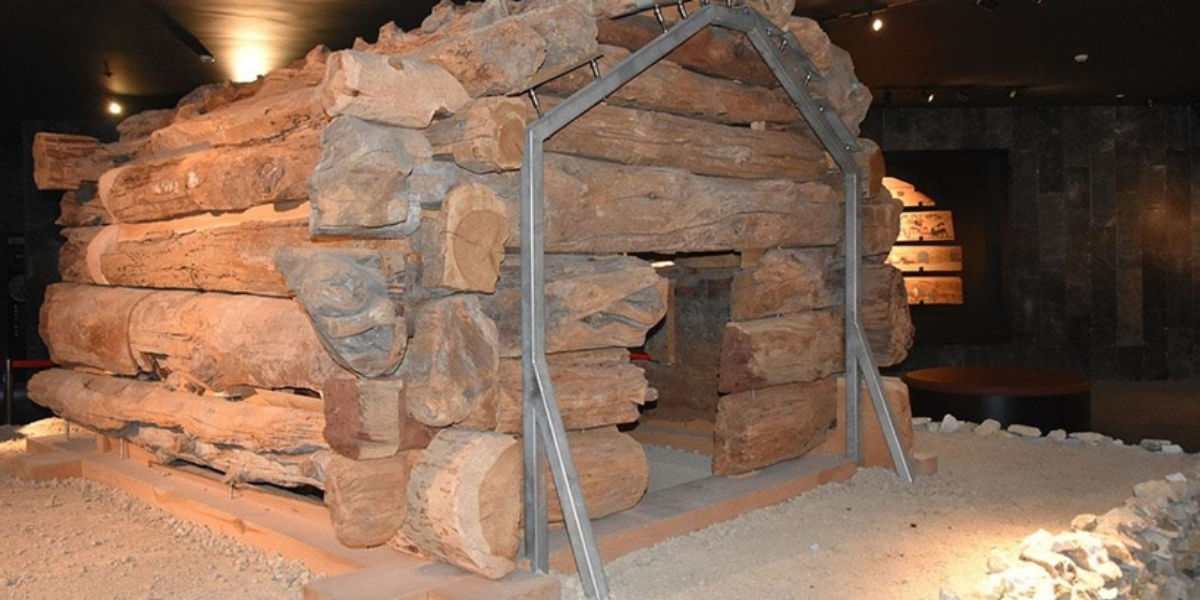
2500-year-old wooden burial chamber depicting the war between Persians and Scythians
The 2500-year-old wooden burial chamber depicting the war between the Persians and Scythians, found during illegal excavations in the Tatarlı mound in Dinar district of Afyonkarahisar, is on display in the Afyonkarahisar museum. The wooden burial chamber, one of the rarest wooden artifacts in the world, dates back to the 5th century BC. The burial
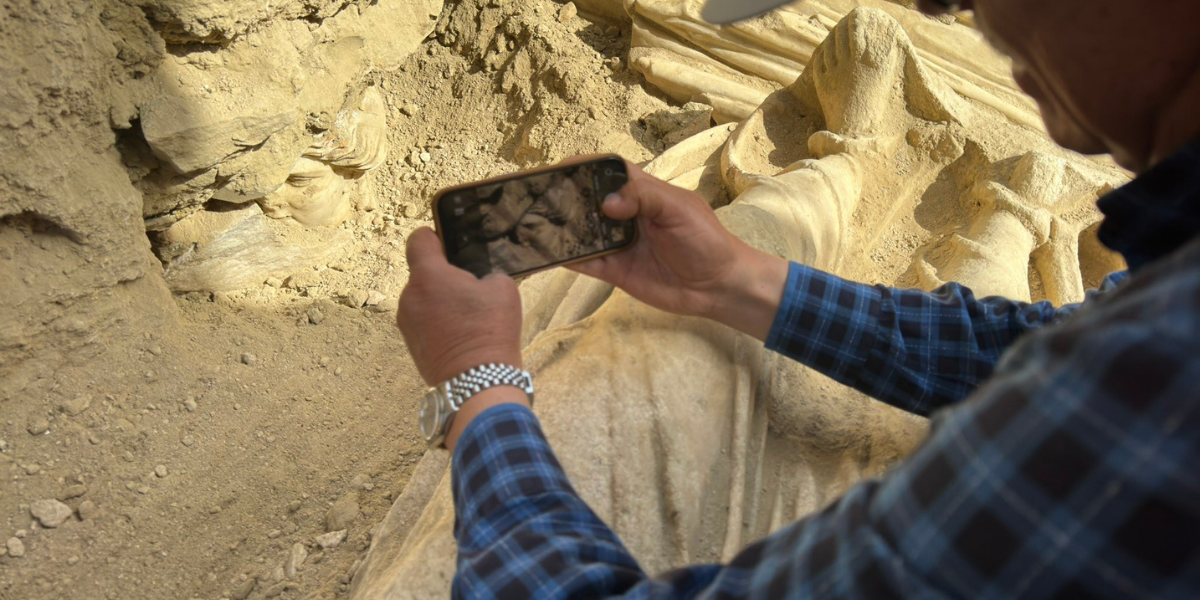
2100-year-old statue head of Hygieia, Greek goddess of health, unearthed in Laodikeia
During the excavations in the ancient city of Laodikeia in Denizli province, the statue head of Hygieia, the goddess of health and cleanliness, the daughter of Asclepius, the god of medicine in Greek and Roman mythology, was unearthed. The excavations in the ancient city of Laodikeia are under the supervision of Pamukkale University Archaeology Department
